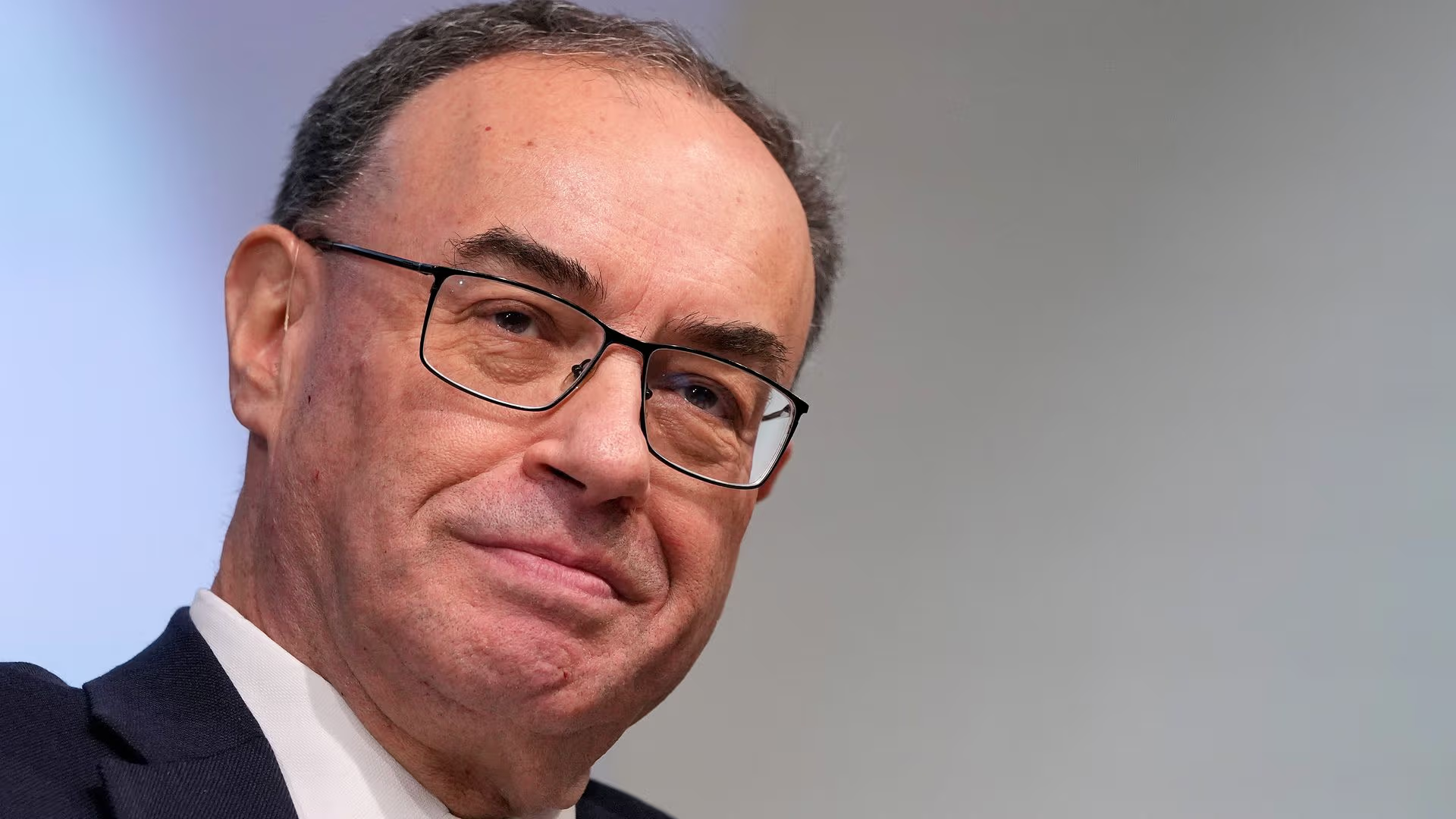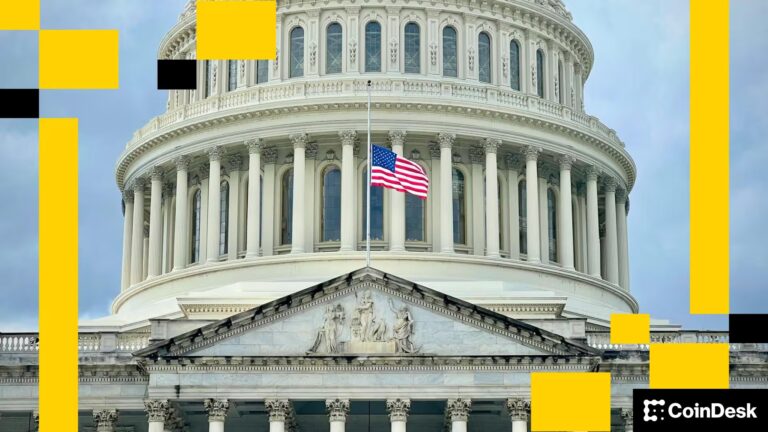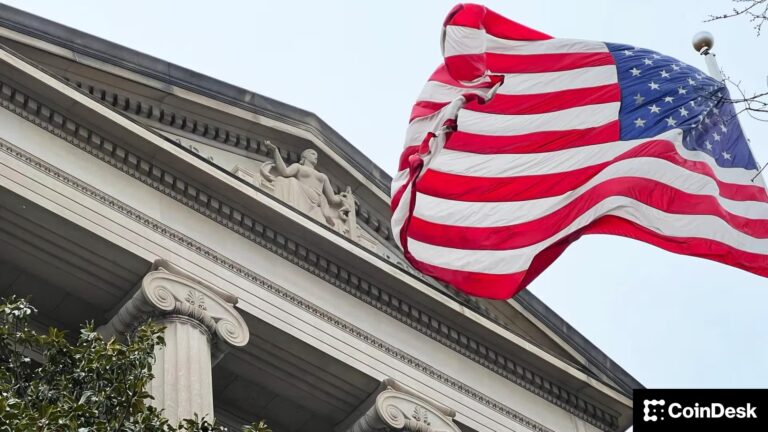Bank of England Governor Andrew Bailey Nominated to Become G20 FSB Cryptocurrency Controller
Bank of England's Andrew Bailey nominated to be G20 FSB chief crypto watchdog
The G20 has tasked the FSB with coordinating the development of a regulatory framework for crypto-assets.
Chamomile Shumba | Edited by Parikshit Mishra , April 8, 2025, 11:52 AM.

What is important to know:
- Bank of England Governor Andrew Bailey has been nominated to become the new chairman of the Financial Stability Board.
- Bailey also led the FSB's crypto initiatives.
Bank of England (BoE) Governor Andrew Bailey has been nominated to become the next chairman of the G20 financial regulator, the Financial Stability Board (FSB).
The FSB's nominations committee decided to recommend Bailey take up the post for a three-year term beginning in July, according to a statement released Monday.
The Group of Twenty (G20) tasked the FSB with coordinating the development of a regulatory framework for crypto assets. In July 2023, the FSB finalized recommendations for the regulation of crypto assets and global stablecoin agreements “that may pose a threat to financial stability,” according to the body’s website.
Bailey currently chairs the FSB's Standing Committee on Supervisory and Regulatory Cooperation. In this role, he oversaw the creation of the FSB's global regulatory framework for crypto-asset activity and the roadmap for crypto-asset adoption.
“Andrew has a proven track record of facilitating cooperation and has led recent important reform initiatives at the FSB, including on issues related to crypto assets and non-bank financial intermediation,” Klaas Knot, president of De Nederlandsche Bank and chairman of the FSB, said in a statement. “This places him in an excellent position to lead the FSB, with a particular focus on the successful implementation of the agreed reforms.” Knot’s term as FSB chairman expires in June.
Since Bailey’s appointment as the Bank of England’s governor in 2020, the central bank has pursued a number of initiatives related to crypto and digital currencies. The Bank of England is currently exploring the possibility of introducing a digital pound and is seeking to regulate stablecoins – tokens pegged to other assets – that could impact financial stability. Last year, it announced a series of experiments with a central bank digital currency and a distributed ledger.



